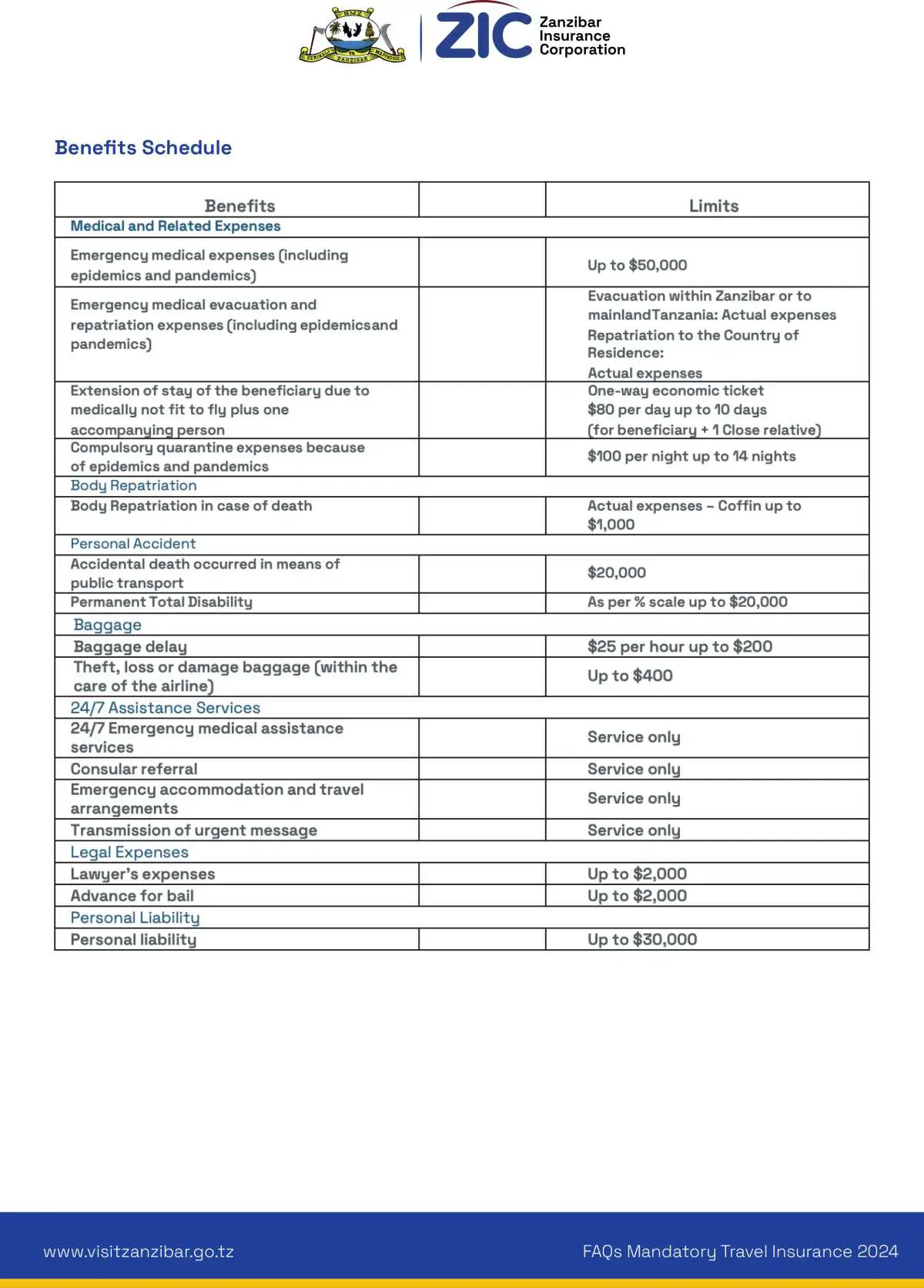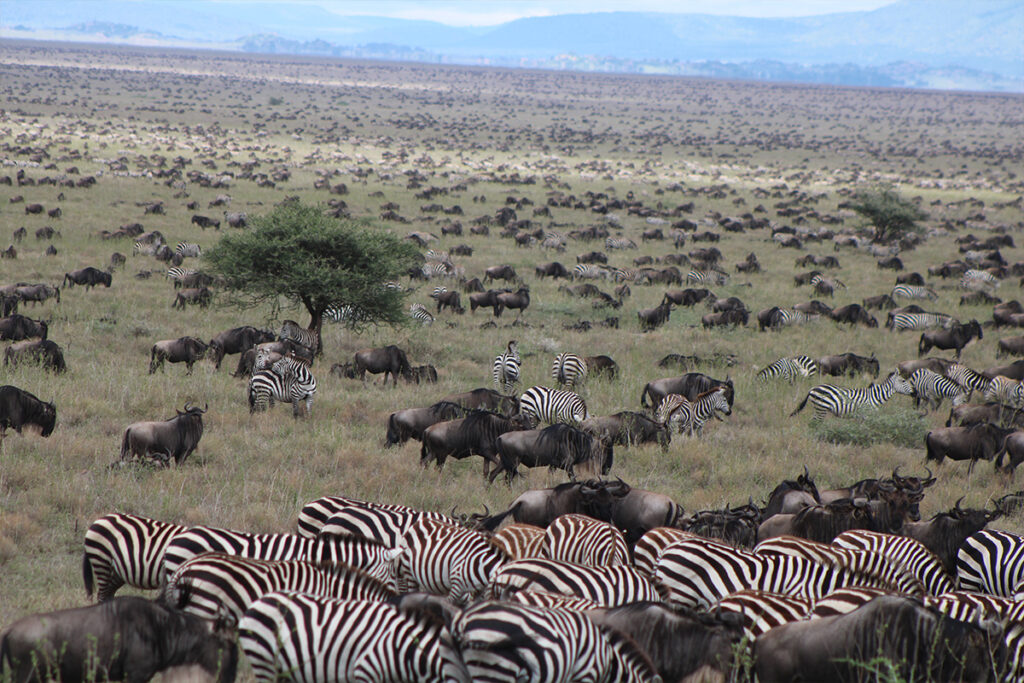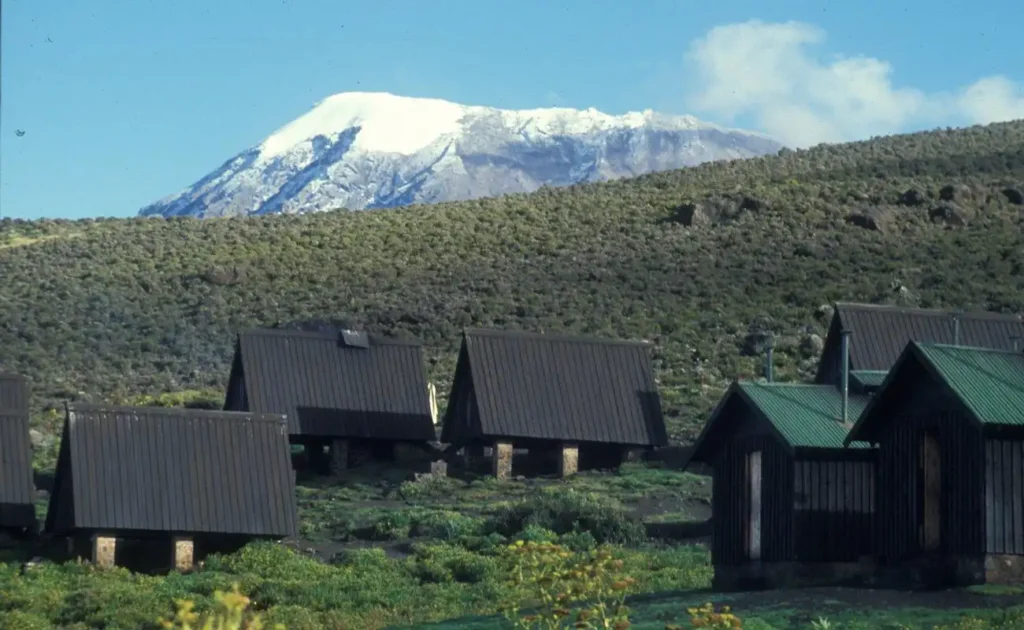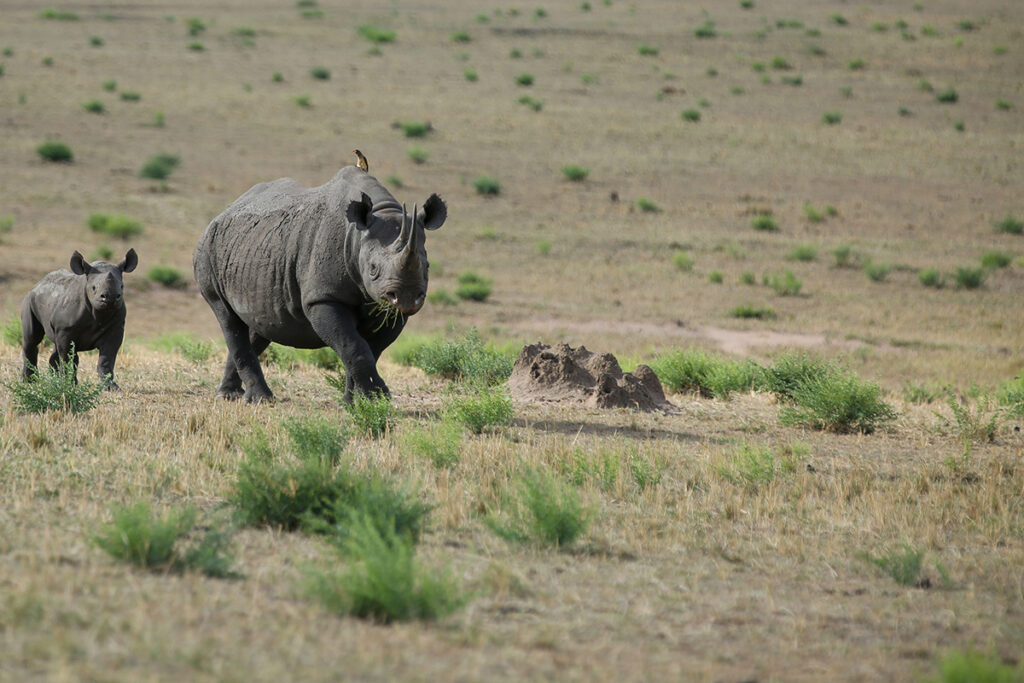Embarking on an adventure to Tanzania, home to the majestic Mount Kilimanjaro and the Serengeti’s sprawling savannas, is an exhilarating experience. But what if your luggage goes missing or you encounter a medical emergency in a remote region? These are crucial considerations that underscore the importance of securing travel insurance before jetting off to this spectacular East African destination.
Travel insurance for Tanzania isn’t merely a precaution—it’s a vital component of your journey planning. Policies often cover unexpected events such as trip cancellations, medical emergencies, and even evacuations, which can be costly without protection. With Tanzania’s unique challenges, from wildlife encounters to variable healthcare facilities, having insurance ensures you are prepared for almost any eventuality during your trip.
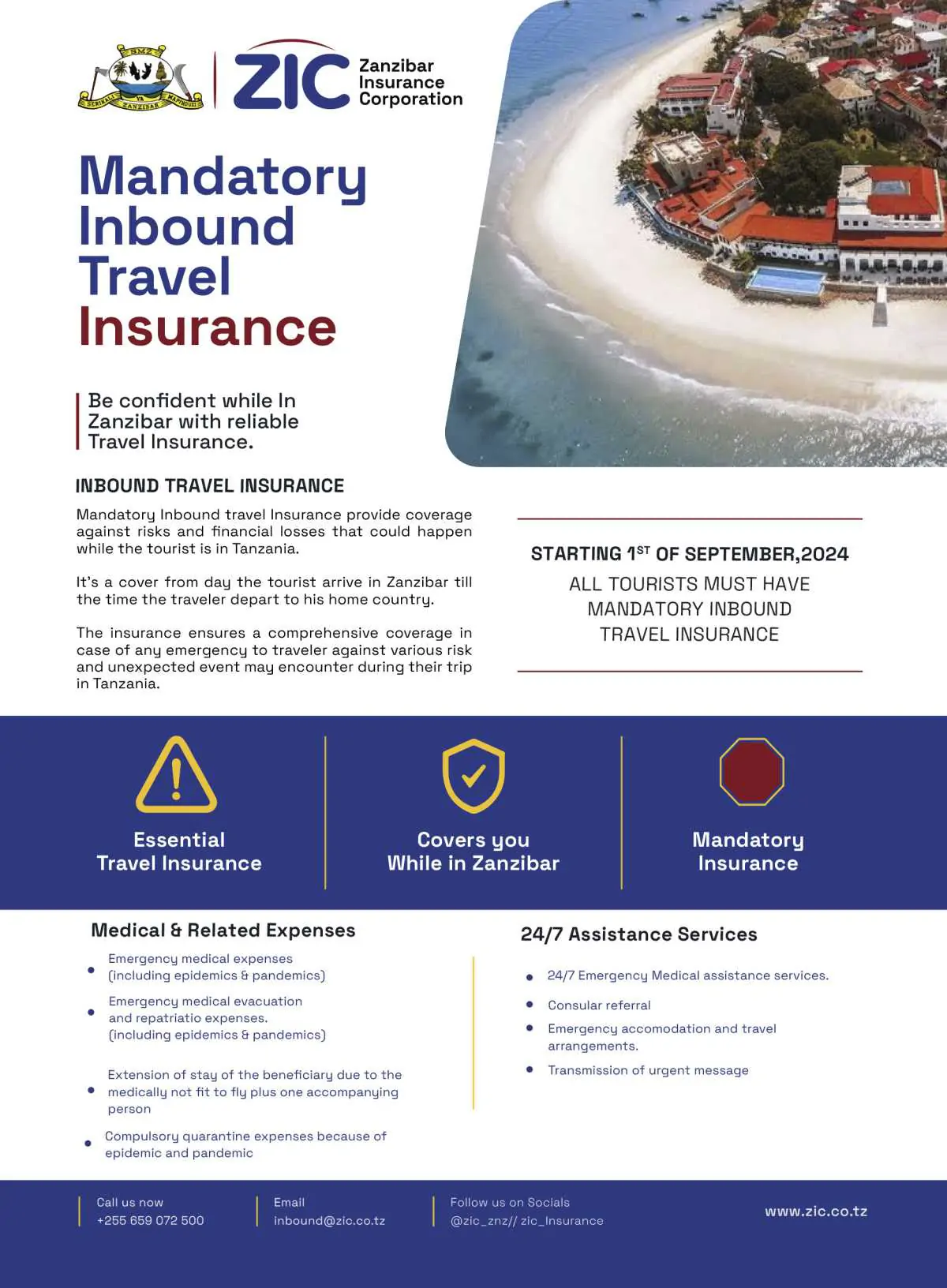
Why You Might Need Travel Insurance for Your Trip to Tanzania
Travel insurance is essential for anyone planning a trip to Tanzania, especially if you’re looking forward to adventures such as safaris. Unexpected events can disrupt your plans, and having travel insurance ensures you won’t face huge expenses. Many travelers have found themselves in situations where flights get canceled or baggage is lost. Insurance can help cover these unforeseen costs. It also provides peace of mind knowing you’re protected.
While Tanzania is generally safe for tourists, accidents can happen anywhere. If you require medical assistance or evacuation, the costs can be substantial. Travel insurance can help cover medical expenses, which can be high, especially in remote areas. This is crucial for adventurers planning to climb Kilimanjaro or explore the Serengeti. Your safety and security should never be compromised.
Another significant advantage of travel insurance is coverage for trip cancellations or interruptions. Events like natural disasters, political unrest, or personal emergencies can disrupt your travel plans. With insurance, you can recover non-refundable costs, minimizing your financial loss. This is particularly important when you have an expensive safari booked in advance.
Missing luggage is another common issue for international travelers. Travel insurance can reimburse you for lost, damaged, or stolen belongings. This can make a huge difference if you lose essential items like clothing or travel documents. Taking these factors into account, investing in travel insurance is a wise choice for your trip to Tanzania.
Essential Considerations When Planning Your Safari Adventure
When planning a safari adventure, choosing the right time of year to visit is crucial. Tanzania offers unique experiences during different seasons, so consider what you want to see. The dry season from late June to October is excellent for wildlife viewing. The Great Migration in the Serengeti happens during these months. Rainy seasons can make some areas difficult to access.
Researching your safari options is equally important. Deciding between a guided tour or a self-drive safari can affect your overall experience. Guided tours provide expert knowledge and improve your chances of animal sightings. Self-drive offers flexibility and adventure. Sia Yangu Safari offers both options, catering to different traveler preferences.
Ensuring you have the right gear can make your safari more enjoyable. Packing items like lightweight clothing, a good camera, and binoculars is essential. Considerations for your comfort, such as sunscreen and insect repellent, are also important. These items can enhance your overall experience, letting you focus on the stunning wildlife.
Understanding health and safety precautions can significantly impact your trip. Make sure you have the necessary vaccinations and medications. Malaria prevention is crucial when traveling in Tanzania. Having travel insurance for potential health emergencies is a wise decision. These preparations help ensure a smooth and memorable safari adventure.
Risks Covered by Travel Insurance in Tanzania
One major risk covered by travel insurance in Tanzania is medical emergencies. These policies can cover costs from unexpected illnesses or injuries. If you require hospital care or evacuation, having this coverage is essential. Medical treatments in remote areas can be expensive. Access to quality healthcare ensures your well-being during your trip.
Travel delays and interruptions are other common risks covered by insurance. Flights can be delayed or canceled due to various factors like weather or technical issues. Travel insurance helps reimburse you for additional costs incurred from these delays. It can cover extra accommodation, food, and transportation expenses. This support helps you continue your journey with minimal disruption.
Lost, stolen, or damaged belongings are also covered by travel insurance. This is especially important in a new and unfamiliar country. Replacing lost items such as clothes and electronics can be costly. Travel insurance provides compensation for these losses. Ensuring your belongings are protected gives you peace of mind.
Trip cancellation is another significant covered risk. Unforeseen events like family emergencies or natural disasters might force you to cancel your trip. Travel insurance reimburses non-refundable costs such as flights and hotel reservations. This helps recover the financial loss from canceled plans. It’s a safety net for unpredictable situations.
Comparing Costs: Insurance vs. Potential Uncovered Expenses
When planning a trip to Tanzania, it’s wise to compare the costs of travel insurance with potential uncovered expenses. A basic travel insurance policy might cost between $50 to $150, depending on the coverage and duration. This may seem like an extra expense, but it can save you from much larger financial burdens. Consider the cost if you face unexpected medical emergencies or lose your luggage. These scenarios can result in significant expenses without insurance coverage.
Medical emergencies while traveling can be particularly costly. For instance, a minor medical issue can lead to hospital bills of several hundred dollars. Serious conditions might require evacuation, which can cost thousands of dollars. Without travel insurance, these fees come directly from your pocket. Having coverage ensures you don’t face these potentially massive bills alone.
Delayed or canceled flights can also create substantial uncovered expenses. Imagine booking last-minute hotels and transportation due to an unexpected flight cancellation. These additional costs add up quickly. Insurance often covers such incidences, allowing you to manage delays without financial stress. A little extra investment in insurance can mean significant savings later.
Lost or stolen belongings pose another risk during travel. Replacing valuable items like electronics can drain your budget rapidly. Travel insurance offers compensation for such losses. This ensures you can replace essential items without financial strain. Foregoing coverage means risking high out-of-pocket expenses for replacements.
The peace of mind that comes with having insurance is priceless. While upfront costs may seem additional, the financial protection against unforeseen incidents is invaluable. Here’s a comparison to illustrate the potential savings:
| Expense Type | Uncovered Costs | Insurance Costs |
|---|---|---|
| Medical Emergency | $500 – $10,000+ | $50 – $150 |
| Flight Cancellation | $100 – $1,000+ | $50 – $150 |
| Lost Belongings | $200 – $2,000+ | $50 – $150 |
Investing in travel insurance is a prudent decision. Comparing the costs clearly shows how travel insurance can safeguard your finances. Ensuring you’re covered provides peace of mind during your Tanzanian adventures.
How to Choose the Right Travel Insurance for Tanzania
Choosing the right travel insurance for your trip to Tanzania involves considering several factors. First, assess the scope of coverage you need. Medical coverage is critical, including emergency evacuation and treatment in remote areas. Next, look for coverage for trip cancellations or interruptions. This ensures you’re protected against unforeseen changes to your plans.
It’s important to review the policy’s coverage limits and exclusions. Not all insurance plans cover high-risk activities like trekking or safari adventures. Make sure your chosen policy includes these if you plan such activities. Check if there’s coverage for lost or stolen belongings. Read the fine print to understand what is and isn’t covered.
Price is another factor when selecting travel insurance. Here’s a simple table to illustrate different price ranges for plans:
| Coverage Type | Basic Plan | Comprehensive Plan |
|---|---|---|
| Medical Coverage | $50 | $150 |
| Trip Cancellation | $30 | $100 |
| Lost Belongings | $20 | $50 |
While it’s tempting to choose the cheapest option, consider the coverage’s quality and breadth. Compare different plans to find the best value. Think about the potential costs of not being covered adequately.
Lastly, read reviews and consult with experts, such as Sia Yangu Safari, to help make an informed decision. Our team can provide valuable insights into the best travel insurance options for Tanzania. Reach out to us at [email protected] for personalized recommendations. This ensures you choose a policy that meets your specific needs.
